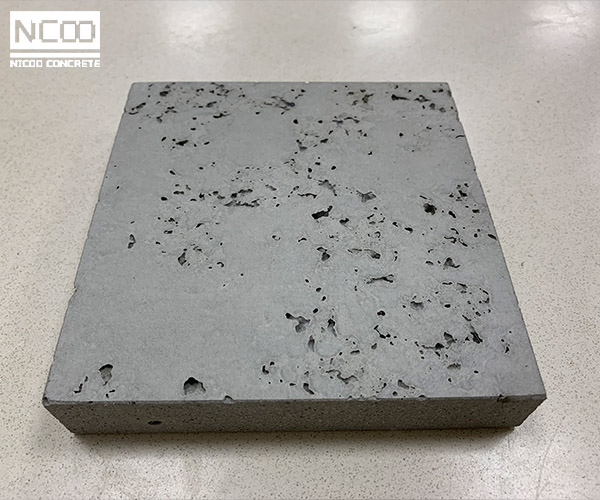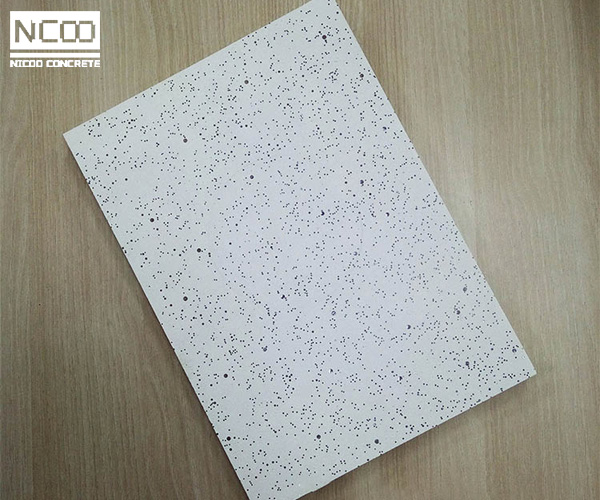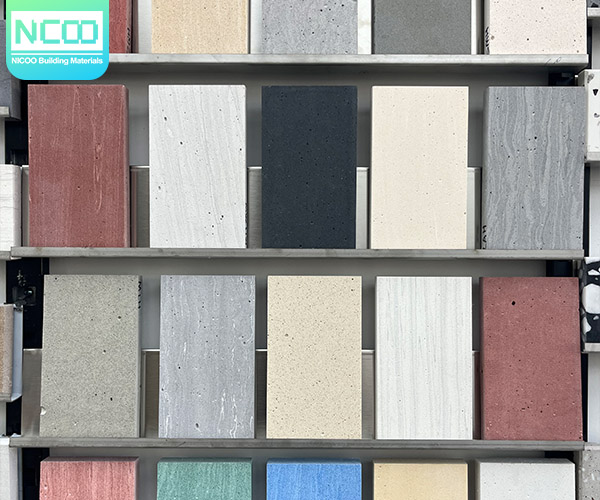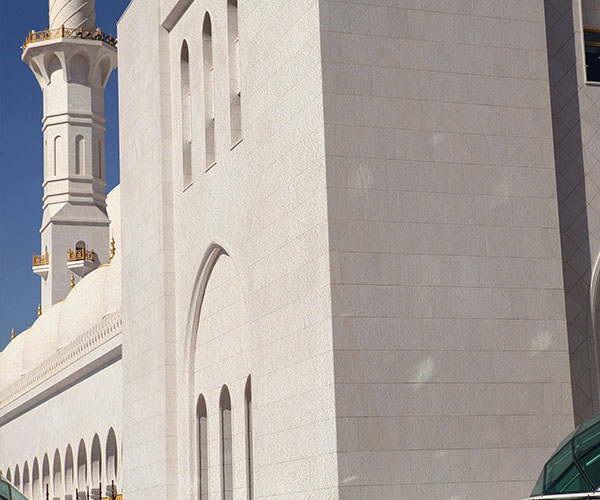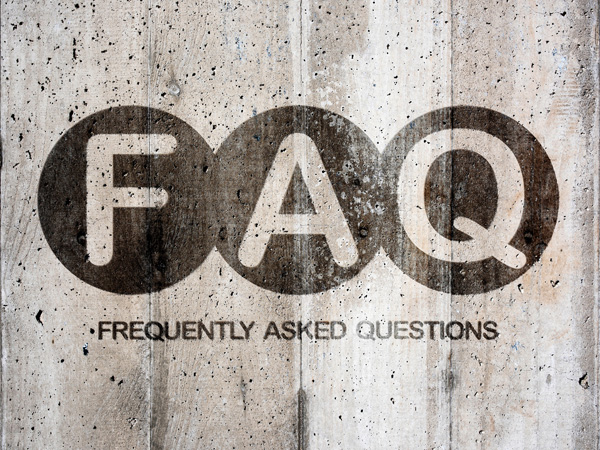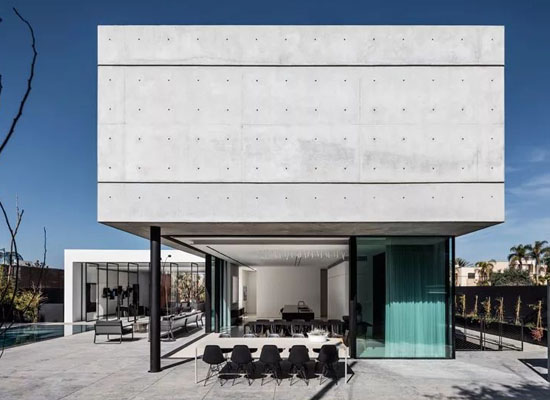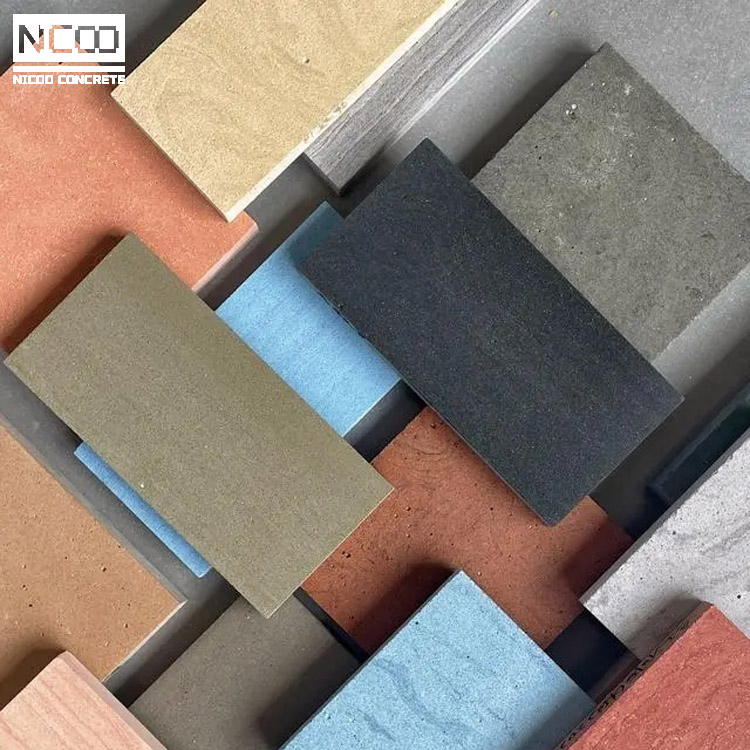FAQS About Flexible Tiles
FAQ About Flexible Tiles<>
Frequently asked questions and answers about flexible tiles. In the face of the hot performance of flexible tiles in the market, there have been many customers calling for some questions about soft tiles recently, such as what material is the flexible tile? Can soft tiles be used indoors? What is the difference between flexible tile (soft tiles) and tiles and coatings? How does soft tile compare to ceramic tile? and other issues. In response to these, the editor has compiled some frequently encountered questions and answers, hoping to help everyone!
Q: What exactly is flexible tile?
A: flexible tiles, also known as flexible facing tiles, are made of colored inorganic mineral powder as the main raw material, add a small amount of water-based polymer as a modifier, and are cross-linked and shaped by microwave irradiation at a certain temperature. Building decoration materials.
Q: Where can flexible tiles be used?
A: flexible tiles are suitable for architectural decoration such as exterior walls, interior walls, and floors, especially for high-rise building exterior finishing projects, exterior wall materials for urban old city renovation, exterior thermal insulation systems, and curved walls and arches. Finishing works of special-shaped buildings such as shaped columns.
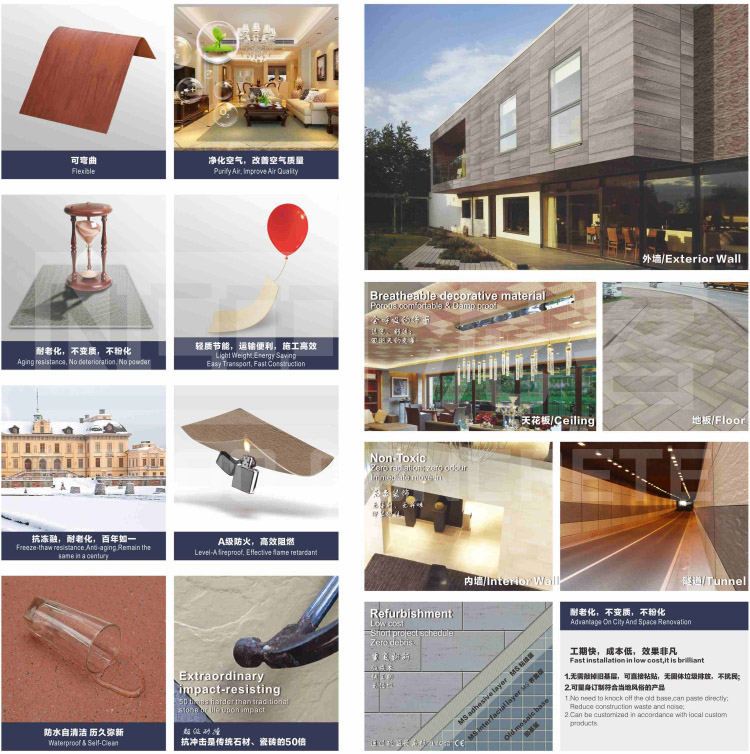
Q: What are the advantages of flexible tiles compared to other exterior wall finishing materials?
A: ①The quality of soft tiles is light, only 1/6 of the weight of tiles.
②Soft and extensible, it can be used for the finishing works of curved walls, arched and special-shaped buildings.
③The comprehensive cost of construction is less than half of that of ceramic tiles.
④In the aspect of old city renovation, it can be directly pasted on the wall to reduce the generation of construction waste, saving energy and reducing consumption by more than 80%.
Q: Does flexible tile have radiation to the human body?
A: No. The main raw material of soft porcelain is modified soil, and water-based polymer is used as modifier.
Q: What grade of products do flexible tiles belong to?
A: flexible tiles belong to the middle and high-end products. Because of their natural texture, they can be shaped arbitrarily. They can be imitated wood grain, leather grain, hemp weaving, ecological stone, artistic stone and other various types of products. They are suitable for The interior and exterior wall decorations are used to decorate different architectural styles.
Q: Are flexible tiles expensive?
A: flexible tile is divided into large plates and small plates. Due to the high production cost of large plates, the price will be relatively high. We are factory direct sales and will provide cheaper and advantageous prices
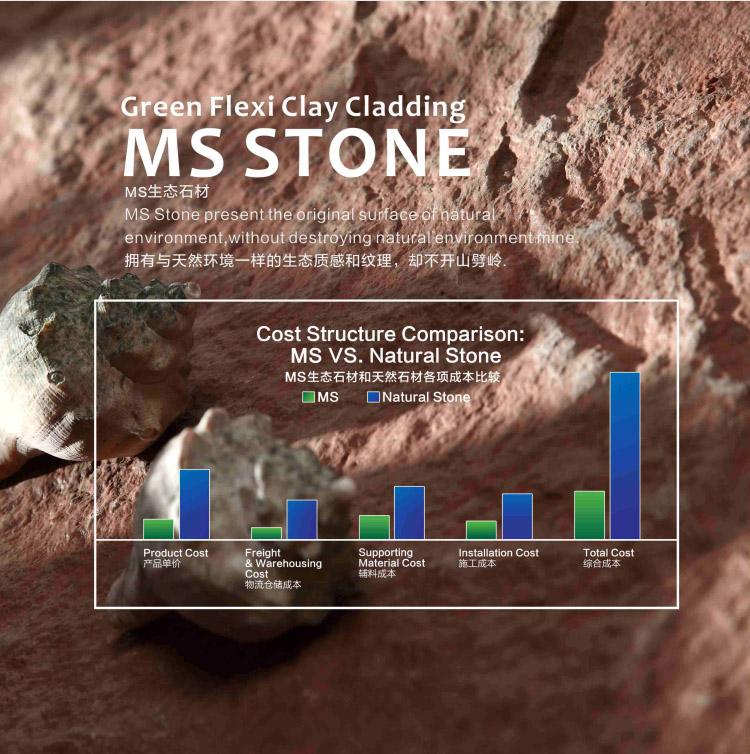
Nicoo Building Materials Co., Ltd. focuses on soft stone, PK brick, and soft porcelain. With its lightness and softness, safety, aging resistance, long life, diverse expressiveness, energy saving and environmental protection, it redefines exterior wall finishing materials!
Tel: +86 13268124928
The Savior of The Exterior Wall Tiles Fall Off : Flexible Tiles
Flexible ceramic tiles can effectively solve the hidden safety problems such as falling off of external wall tiles of buildings.
FAQ
FAQ about Nicoo Concrete
60 Concrete Questions told to You by Nicoo Concrete Manufacturers - Part 2
60 Concrete Questions Part 2 -- Let Nicoo Concrete Manufacturers answer all your concrete questions.
Why do inorganic cave stones become the favorite of home decoration designers?
Inorganic cave stone is not only environmentally friendly, but also has a variety of colors and textures to choose freely. Its main material is cement, which can better increase the surface effect of cement board, and is the priority choice of contemporary home improvement designers.



